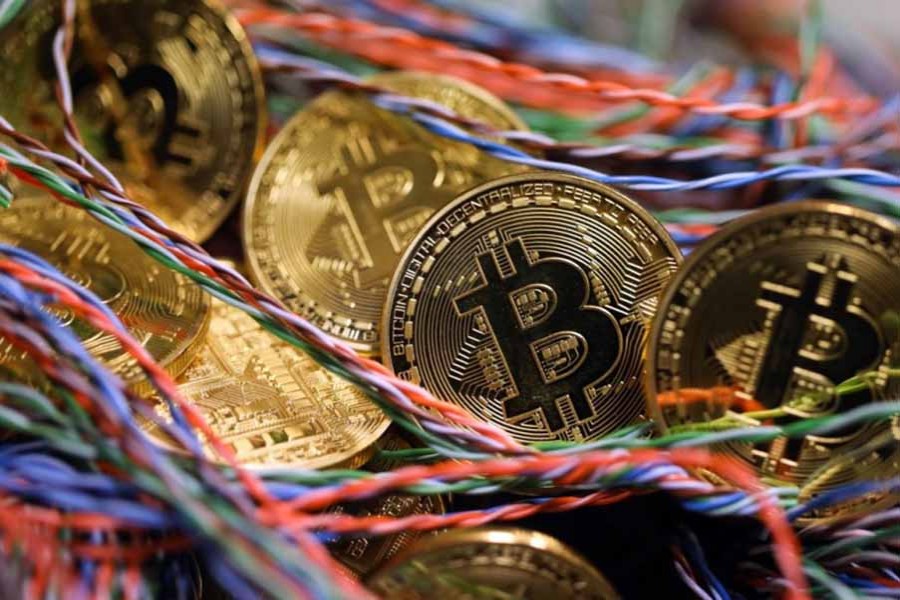Broadly defined as "tokens" used as money in a country, currency is a means of exchanging goods and services. The use of currency is intertwined with the history of money. Money derives its value by being a medium of exchange which can be a shell, a metal coin, or a piece of paper. The latest version of currency loses the physical existence and becomes virtual currency.
At present, rapid spread of internet-based commerce and mobile technology facilitate the use of virtual currency (VC). Secure online payment systems such as PayPal and mobile payments and transfer solutions like M-Pesa are changing the ways of making payments for goods and services.
VC is more advanced currency system than digital gold currency (DGC). DGC is a form of electronic money or digital currency based on mass units of gold. It is a kind of representative money, like a US paper gold certificate during the period from 1873 to 1933. Those currencies were exchangeable for gold on demand.
There was another form of currency called the e-gold system which was launched online in 1996 by a US Company and was used by five million accounts till 2009. It used a central account structure to track and transfer certificates backed by gold in a central repository with no guaranteed security and accountability. Since e-gold was not included in the financial regulatory system, it offered effective anonymity and security. But later, the transactions were suspended due to legal issues.
Virtual currency (VC) is a kind of electronic money. The transaction doesn't involve any physical transfer of coin or bill like taka. It has two key elements: (i) the digital representation of value of "currency" that can be transferred electronically between parties; and (ii) the underlying payment and settlement mechanisms, including the specialised electronic ledger system. VC can be obtained, stored, accessed, and transacted electronically, and can be used for a variety of purposes. It is used only between the transacting parties who agree to use them. The agreement means acceptance and treat VCs like taka, dollars, euros, or other forms of money.
The exchange of VC with fiat currency or other VCs or its use in payments for goods and services outside of the virtual domain is significantly restricted. There are some convertible VCs which can be exchanged with fiat currency or other VCs.
Paper currencies' value depends on users' trust that the central authority will be able to maintain the currency's value. Paper currencies have key advantages over commodity-based currencies. These currencies are highly dependent on their central authority to maintain their value. The stability of these currencies is dependent on governments' macroeconomic policies and can experience huge fluctuations, even become worthless at a crisis of excessive inflation.
Financial innovations have allowed people to conduct economic transactions far beyond the constraints imposed by physical currency. VCs are issued without the involvement or backing of a state. No one is required to accept them as payment or to exchange them for traditional currencies. It only requires acceptance of the users. In other words, a virtual currency is one that is not administered or issued by a sovereign. The key difference between virtual currency and real currency is that virtual currency does not have legal tender status in any jurisdiction.
A VC is a digital representation of value that can be transferred, stored, or traded electronically and that is neither issued by a central bank or public authority, nor necessarily attached to a paper currency (taka, dollars, euros, etc.), but is accepted by people as a means of payment. Side by side, VCs have become increasingly common in recent years.
The users of VCs store the currency in "digital wallets," which are identified by their "public keys." The user enters into own digital wallet using his own "private key." These key's password are random sequences of 64 letters and numbers. User can enter into digital wallet maintained in block chain and make transactions.
In the longer term, these technologies have the potential to deepen financial inclusion by offering secure and low-cost payment options.
As it requires less labour, capital, and infrastructure, the rapid deployment of VCs over a large geographic area may be less complicated than deploying traditional currencies.
VCs offer many potential benefits, including greater speed and efficiency in making payments and transfers-particularly across borders--and ultimately promoting financial inclusion.
The virtual currency marketplace is comprised of many different platforms where one can convert one type of virtual currency into another or into real currency. Some virtual currency platforms may lack critical system for safeguards and customer protections. Without adequate safeguards, customers may lose some or all of their virtual assets. These are the risk factors of using VCs.
The critical component of the entire system is the public ledger known as the blockchain. It is maintained by unidentified private computer networks spread all over the world and the subscribers are also not known to them. It is possible that elements of these networks can manipulate the transactions.
The development of effective regulatory responses to VCs is still at an early stage. These currencies are difficult to regulate as they cut across the responsibilities of different agencies at the national and global level.
Different international bodies are playing an important role in identifying and discussing the risks posed by VCs and possible regulatory responses.
At a time when the world enters into the era of virtual currencies, foreign exchanges are still regulated in Bangladesh by backdated rules like the Foreign Exchange Regulation Act, 1947. Moreover, the rule issued by the Bangladesh Bank is not friendly in introducing VCs.
Bangladesh should allow the virtual transaction platform for transaction of real currencies to facilitate international trade in goods and services.
The writer is a legal economist.


